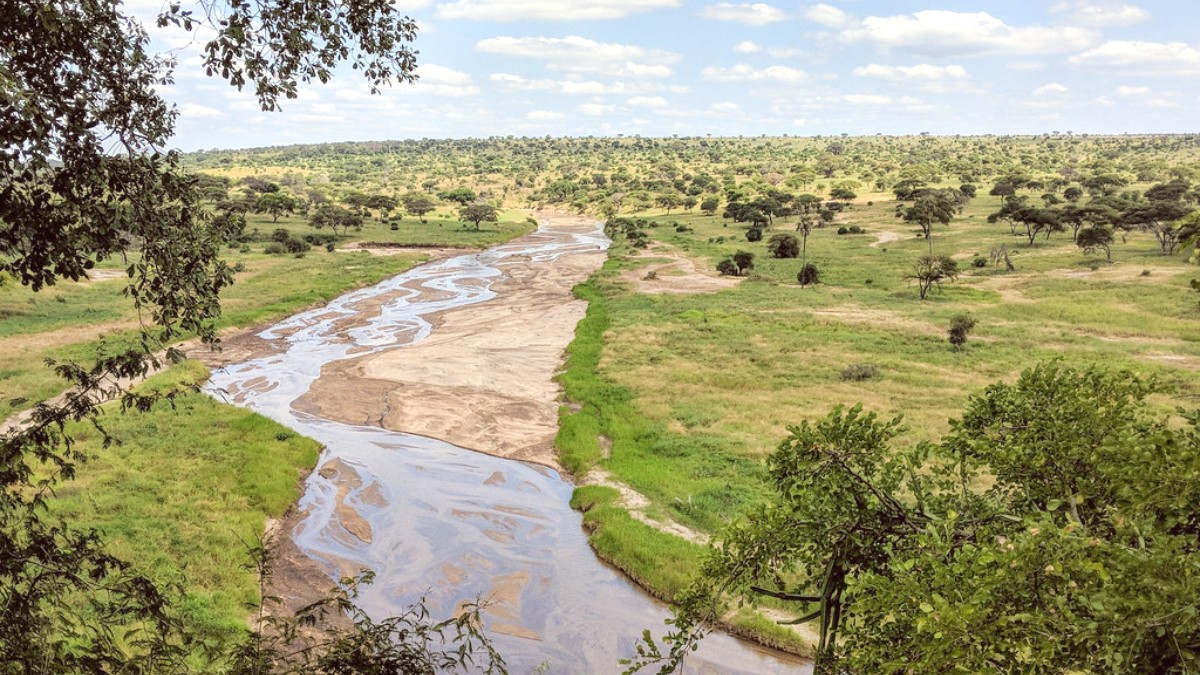
Northern Tanzania, Tanzania
Tanzania is a strong commitment to wildlife conservation through TANAPA and NCAA, managing numerous national parks and conservation areas.
Waste management infrastructure develops, but faces challenges outside major urban centers. Littering sometimes occurs in some urban areas.
Water scarcity presents a concern in some regions, specifically during dry seasons. Mindful water usage is encouraged.
Respectful interaction with local cultures marks a positive and meaningful travel experience. Your actions express respect for the host country.
Support cultural tourism programs that genuinely benefit local communities and preserve traditions. These programs often present economic opportunities.
Avoid "paparazzi" style photography, especially of children. Respect privacy if someone declines to be photographed.
Minimize your waste by refusing single-use plastics where possible. Carry a reusable water bottle and refill it. Take all non-biodegradable waste with you.
Choose lodges and tour operators that demonstrate clear commitments to environmental sustainability. Look for certifications or evidence of good practices.
Tanzania implemented a total ban on the manufacture, import, sale, and use of plastic bags in June 2019. Do not bring plastic bags into the country.
Use reusable bags (e.g., cloth or canvas bags) for shopping. Customs officials may confiscate plastic bags upon arrival. Support companies like Package Free Shop.
Carry a reusable water bottle and refill it from purified sources at your accommodation. This reduces plastic waste and supports local conservation efforts.
Your tourism dollars can generate a significant positive impact on local economies when spent responsibly. Make choices that benefit the people and places you visit directly.
Support initiatives that directly benefit local communities. This includes choosing cultural tours to villages or participating in homestays.
Look for certified fair trade products or purchase directly from artisans (e.g., at Shanga Workshop, Cultural Heritage Centre, or local markets).
Do not give money, sweets, or gifts directly to children, especially if they are begging on the street. This can inadvertently encourage begging.
Be aware of the origin of souvenirs. Avoid purchasing products made from endangered species (e.g., ivory, certain animal skins, coral).
If you wish to donate, do so through established, reputable NGOs, charities, or community projects rather than giving money to individuals on the street. This approach helps ensure your contribution has a lasting and positive impact where it is most needed.
Identify organizations with a proven track record in the region.
Seek out projects that directly involve and empower local communities.
Support long-term, sustainable development initiatives.
When booking safaris or treks, choosing local operators is beneficial. They often present more authentic experiences, and your money directly supports the Tanzanian economy and local guides.
These practices enrich your journey and positively influence the host country.
Your presence leaves a footprint; strive to make it light. Adhere to park rules and guidelines to protect wildlife and natural habitats.
Direct financial contributions to local communities stimulate sustainable development and economic growth. Choose wisely where your money goes.
Learn basic Swahili phrases as a gesture of goodwill.
Choose safari operators prioritizing animal welfare and conservation. Keep a safe and respectful distance from wildlife.
Minimize your environmental impact by opting for greener transport and offsetting your carbon emissions. Small changes create a collective difference.
Direct flights generally produce fewer emissions than connecting flights.
Invest in reputable carbon offset programs for your air travel.
Walk or use local transport when possible to reduce vehicle emissions.
Avoid purchasing products made from endangered species (e.g., ivory, certain animal skins, coral) or any items whose trade is illegal. This undermines conservation efforts and carries legal penalties.